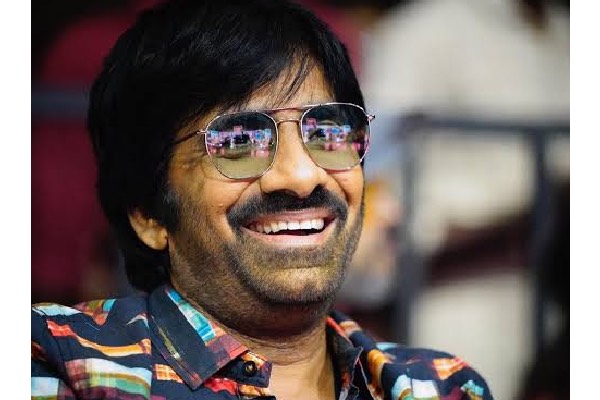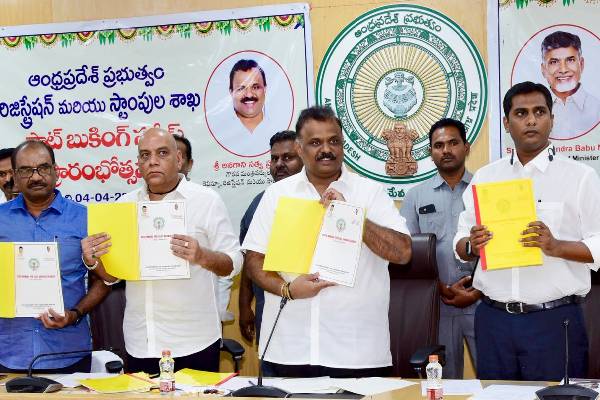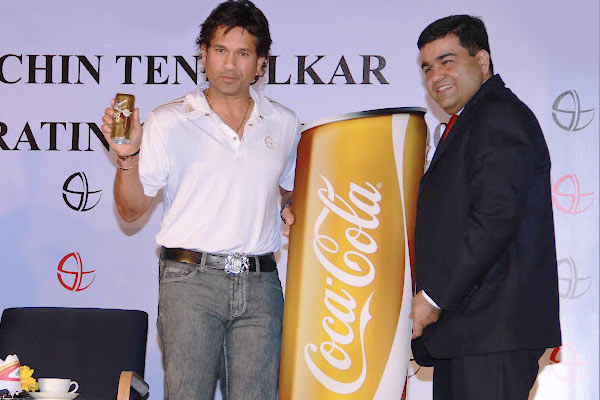Celebrities should be banned from endorsing foods high in salt, sugar and fats. Also, advertisements for certain items such as non-dairy, non-fruit based sugar-sweetened products (soft drinks) should not be allowed: this was the opinion expressed by speakers at Food Talk, a media briefing and public meeting organised in New Delhi today by Centre for Science and Environment (CSE).
Sunita Narain, director general, CSE, said: “The government is considering amending the Consumer Protection Act to provide for five-year jail terms or a penalty of Rs 50 lakh to hold celebrities responsible for false and misleading claims. But the same amendment says that there will be no liability if precautions are taken and due diligence is done before deciding to endorse a product. In other words, this amendment amounts to nothing.”
Says Amit Khurana, programme manager, CSE: “In contrast to best practices in other parts of the world, there is no mention of several other types of nutrition claims. There is no list of approved or non-approved health claims. Neither is there a mention of a need for an approval process, or the kind of scientific substantiation required.”
“There is a clear trend of focusing on a single attribute of a product while making claims, completely missing the concept of wholesome food or balanced diet. A look at the content of a few popular packaged food claims suggests that these could be unhealthy due to nutrients other than those claimed,” adds Khurana.
The Food Safety and Standards Act, 2006 has provisions to prohibit food advertisements that are misleading in nature. It, however, has no power to approve or monitor food advertisements by itself.

































